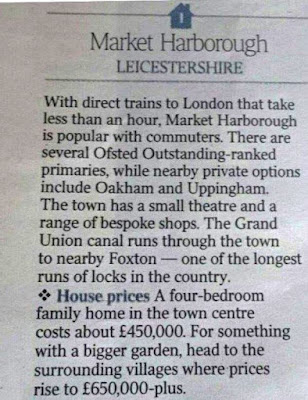Alistair Carmichael writes on the Commons debate on the Investigatory Powers Bill: "The Bill is rotten to its core and I wish we could have blocked it as we did in Coalition when faced with the Communications Data Bill. Dealing with Tories in government was difficult. Dealing with Tories in government and Labour in opposition is impossible."
The Sports Direct scandal is the result of successive governments desperate for jobs, says Conrad Landin.
"If I ever see you in the street, I hope you get shot." Dawn Foster on her experience of moderating comments on the Guardian website.
Steve Parnell looks back at the work of the angry and passionate Ian Nairn, the outspoken critic of England’s 'subtopian' demise.
The Birmingham Conservation Trust takes us to Moseley, where 1945 prefab houses can still be found.
"I think these were the first books where I really had a sense of place from them, whereas Blyton’s descriptions don’t tend to be of anywhere specific and nicely pleasantly general, Saville’s descriptions of location were precise and taken from real life. It made me want to visit Shropshire and since I was 16 or 17 I have done, frequently. Its become one of the places I love to be most in the world." A contributor to World of Blyton recalls discovering the charms of Malcolm Saville.
The Sports Direct scandal is the result of successive governments desperate for jobs, says Conrad Landin.
"If I ever see you in the street, I hope you get shot." Dawn Foster on her experience of moderating comments on the Guardian website.
Steve Parnell looks back at the work of the angry and passionate Ian Nairn, the outspoken critic of England’s 'subtopian' demise.
The Birmingham Conservation Trust takes us to Moseley, where 1945 prefab houses can still be found.
"I think these were the first books where I really had a sense of place from them, whereas Blyton’s descriptions don’t tend to be of anywhere specific and nicely pleasantly general, Saville’s descriptions of location were precise and taken from real life. It made me want to visit Shropshire and since I was 16 or 17 I have done, frequently. Its become one of the places I love to be most in the world." A contributor to World of Blyton recalls discovering the charms of Malcolm Saville.





















